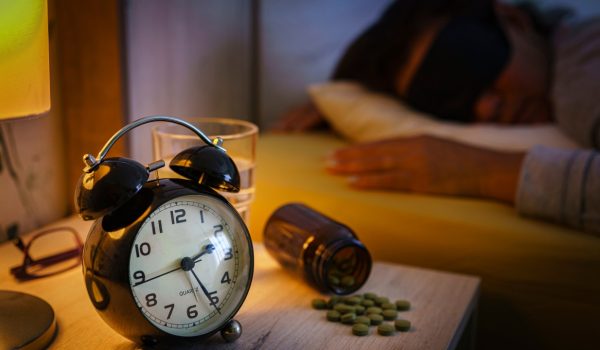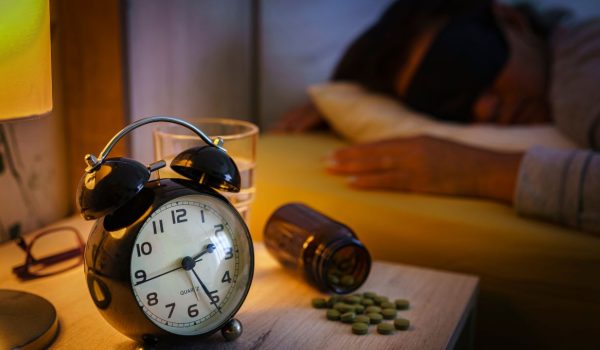Zopiclone vs. Natural Sleep Aids: Which is Right for You?
When sleepless nights become the norm, many people look for a solution. Should you go for a prescription sleep aid like Zopiclone, or try natural alternatives like melatonin or herbal teas?
Let’s break it down and help you decide what’s best for your sleep health.
🩺 What is Zopiclone?
Zopiclone is a prescription-only sleep medication used for short-term treatment of insomnia. It helps you fall asleep faster, reduces nighttime awakenings, and promotes deeper sleep.
Pros:
-
Fast-acting (works in 20–30 minutes)
-
Effective for severe or chronic insomnia
-
Helps when natural remedies fail
Cons:
-
Potential side effects (drowsiness, metallic taste)
-
Risk of dependence if used long-term
-
Requires a doctor’s prescription
🌿 What Are Natural Sleep Aids?
Natural sleep aids are over-the-counter options or lifestyle changes designed to improve sleep. These include:
-
Melatonin supplements
-
Chamomile or valerian root tea
-
Magnesium or lavender oil
-
Sleep meditation or yoga
-
Sleep-friendly diets
Pros:
-
Non-addictive
-
Fewer side effects
-
Safe for long-term use
Cons:
-
Slower to take effect
-
May not be effective for severe insomnia
-
Results vary from person to person
🔍 Which One Should You Choose?
| Need | Best Choice |
|---|---|
| Quick relief from insomnia | Zopiclone |
| Occasional sleep trouble | Natural sleep aids |
| Long-term sleep improvement | Natural + lifestyle changes |
| Medically diagnosed sleep disorder | Zopiclone (with doctor’s advice) |
✅ Final Thoughts:
Zopiclone can be a powerful short-term solution when insomnia seriously disrupts your life. However, if your sleep issues are mild or stress-related, natural aids and sleep hygiene might be all you need.
For many people, the best approach is a balanced mix: medication for emergencies and natural habits for long-term wellness.
Always talk to a healthcare provider before starting any treatment — whether it’s Zopiclone or herbal remedies.





Leave a comment